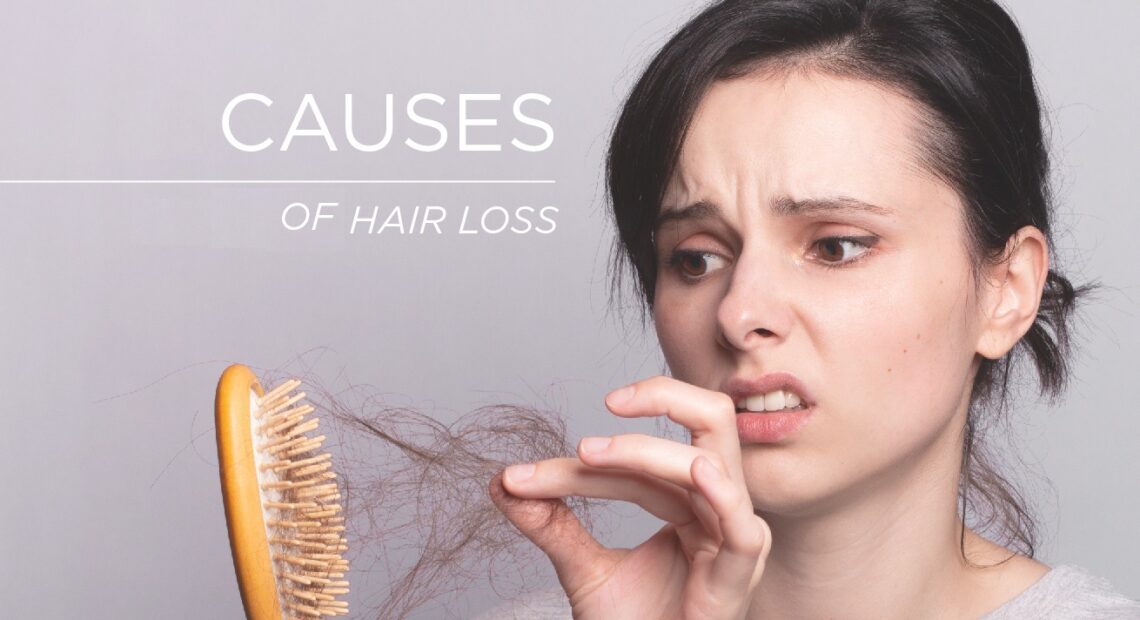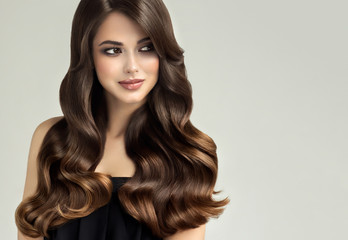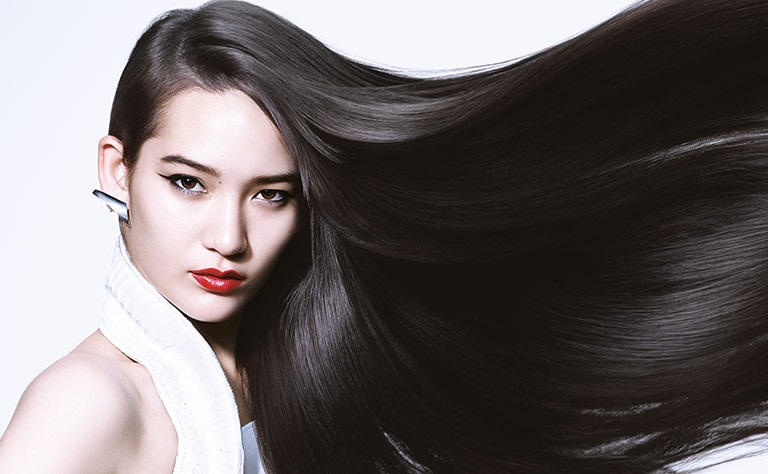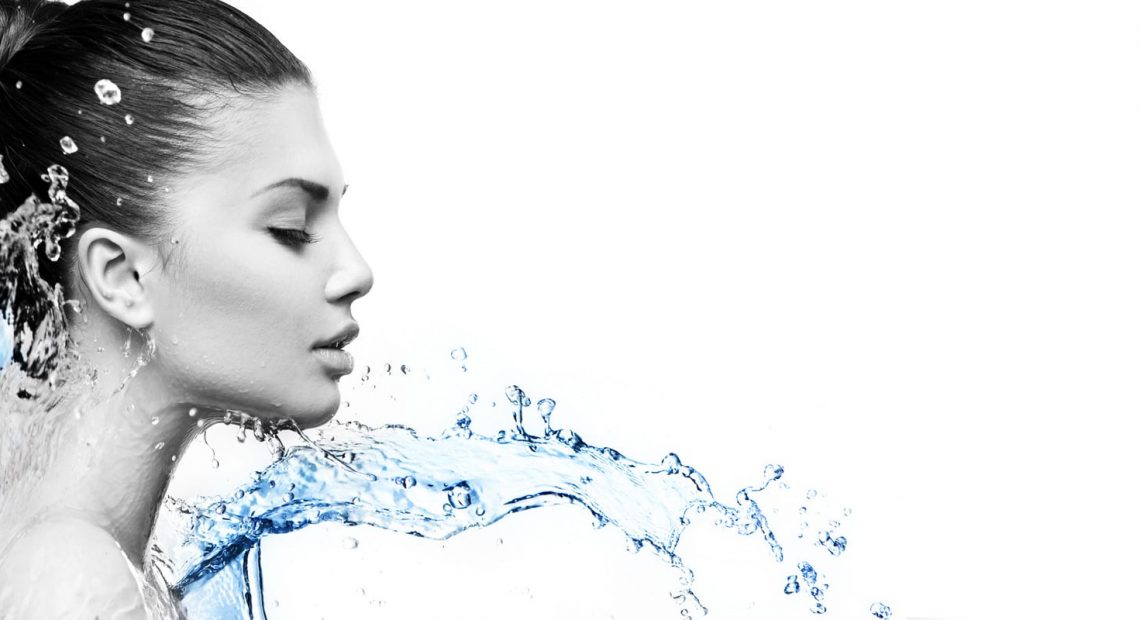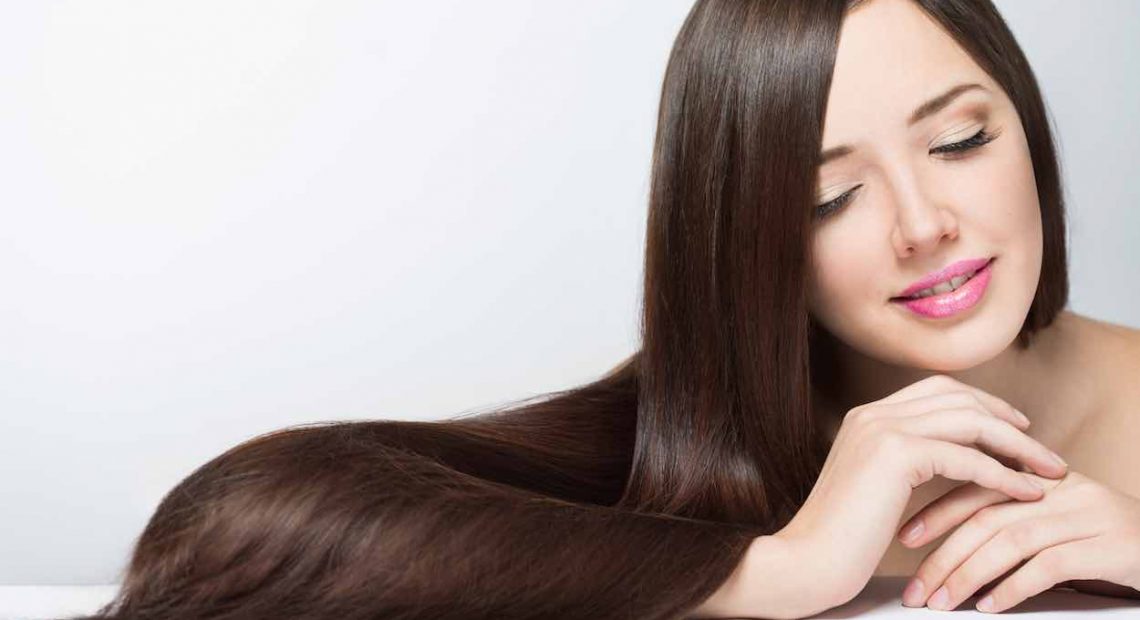Know the causes!

Hormonal imbalance
Hormonal imbalance causes a lot of things—from drastic weight gain, increase in acne breakouts, and thinning of hair. Hormones play a huge role in regulating the hair growth cycle. Estrogens are ‘hair-friendly’ and help to keep hairs in their growth phase for the optimal length of time. Androgens (or male hormones) are not very hair-friendly, and can shorten the hair growth cycle.

Unhealthy lifestyle
An unhealthy diet partnered with smoking leads to hair fall at a faster rate. These factors cause us to be more sensitive to toxins in the air, which our bodies then try to expel, thus the shedding of our hair.

Iron deficiency
Another cause of hair loss is anemia or iron deficiency. Iron is needed for producing hair cell protein, so without it, your strands may start shedding.

Stress
Not surprisingly, stress can also cause hair to fall out. When you are frazzled, your androgen levels rise, which then causes hair loss. Anxiety can also trigger scalp problems like dandruff, disrupt you’re eating habits, and mess with your digestive system.

Physical trauma
Any kind of physical trauma like surgery, a car accident or a severe illness can cause temporary hair loss called telogen effluvium. When you have a really stressful event, it can shock the hair cycle, pushing more hair into the shedding phase. Hair loss often becomes noticeable three-to-six months after the trauma.

Pregnancy
The most common period of hair loss for women occurs approximately three months after delivery. The rise in hormones during pregnancy keeps you from losing your hair. After delivery, the hormones return to normal levels, which allow the hair to fall out and return to the normal cycle. The normal hair loss that was delayed during pregnancy may occur all at once.
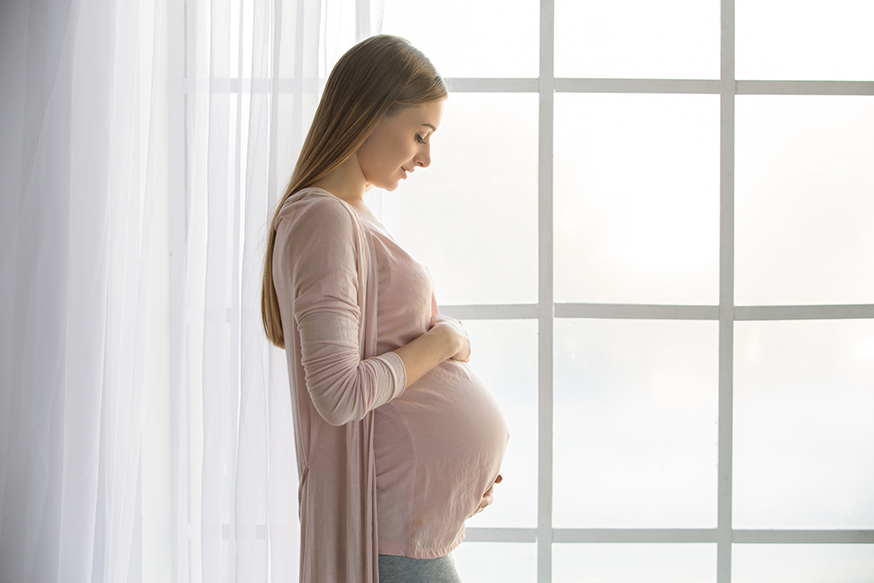
Heredity
The most common cause of hair loss is a hereditary condition called male-pattern baldness or female-pattern baldness. It usually occurs gradually and in predictable patterns like a receding hairline and bald spots in men and thinning of hair in women. Heredity also affects the age at which you begin to lose hair, the rate of hair loss and the extent of baldness. Pattern baldness is most common in men and can begin as early as puberty. This type of hair loss may involve both hair thinning and hair becoming soft, fine and short.

Lack of protein
If you don’t get enough protein in your diet, you might slow down your hair growth. Hair is primarily made of protein, so one needs to eat protein-rich foods to maintain a healthy growth. Without adequate protein intake, the body cannot efficiently make new hair to replace the hair that has shed. One can take proteins such as fish, chicken, soy products, low-fat cheese, eggs, almonds, beans and yoghurt.

Hair styling products
Hair loss is an extremely common health problem. It can range from a slight reduction in the overall density to a completely bald scalp. Hair loss was earlier more commonly seen in people above the age of 30. Improper use of hair gels, wax and pomades can lead to hair thinning. Excessive use of curling irons, hair pressing, chemical rebonding and blow drying causes hair loss. Incorrect hairstyles with tight braiding can induce hair thinning.

So, to sum it up, you need to be watchful of not just your diet and what hair products you use, but also dedicate time from your busy schedule to nourish your hair externally as well using natural and chemical free ingredients. There is no overnight miracle. You need to make it a daily effort to take care of your hair and see the results in the years to come.
Such products like Anagen Grow – A unique hair growth serum proven to repair damaged hair and control hair fall & Lumina Herbal Shampoo – An effective herbal anti-dandruff shampoo will help your hair grow better and faster.
https://www.jrkresearch.com/anagen-grow.php
